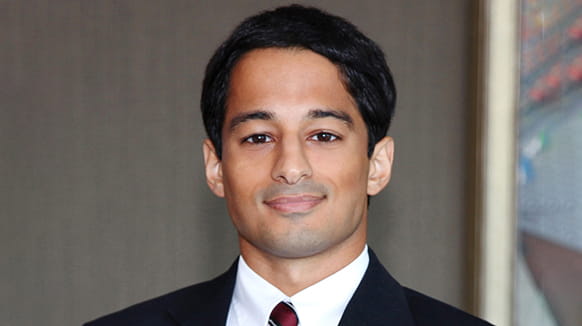Recipients of the $5 trillion in federal funding for programs designed to respond to the economic impact of the COVID-19 pandemic could soon face fresh scrutiny for non-compliance.
Recent high-profile reporting on government funds being used to purchase luxury vehicles, opulent mansions, and swanky vacations has resurrected the public’s outrage at what is being called “the biggest fraud in a generation.” With that renewed attention has come a reinvigorated response led by the Department of Justice (DOJ).
Background
The Trump administration put recipients on notice of its focus on an automatic “full review” of loans in excess of $2 million. The Small Business Administration (SBA) also previously issued guidance that Paycheck Protection Program (PPP) loan recipients had to certify that the current economic uncertainty made their loan request necessary to support ongoing operations. And on May 17, 2021, Attorney General Garland established a DOJ Task Force across several partner agencies dedicated to combatting COVID-19 fraud.
Those efforts to identify and prosecute fraud in programs like the PPP have been reinforced. For instance, the Biden Administration released “unprecedented” guidance to agencies on cooperating fully with Inspectors General. During the 2022 State of the Union on March 1, 2022, President Biden declared that “the watchdogs are back” and that “we’re going after the criminals who stole billions of relief money meant for small business and millions of Americans” and “the Justice Department will soon name a chief prosecutor for pandemic fraud.”
Enforcement Developments
One major development in enforcement is the Pandemic Response Accountability Committee’s (PRAC) creation of the Pandemic Analytics Center of Excellence (PACE) to deliver analytic, audit, and investigative support to the oversight community. As laid out in the PRAC’s strategic plan, holding wrongdoers accountable using “data analytics” remains a primary goal. DOJ Inspector General Michael Horowitz, the PRAC’s Acting Chair, recently noted new efforts to hire data scientists to use artificial intelligence to identify fraud trends, patterns, and anomalies across 17 data sets and 150 million records from public, non-public, and commercial data sources. The data scientists also analyze social media to make connections in unanticipated linkages online that can lead to uncovering fraud rings. PACE’s efforts are teaching computers to recognize fraud through machine learning.
Excerpted from Government Contracting Law Report. Read the full article here.


